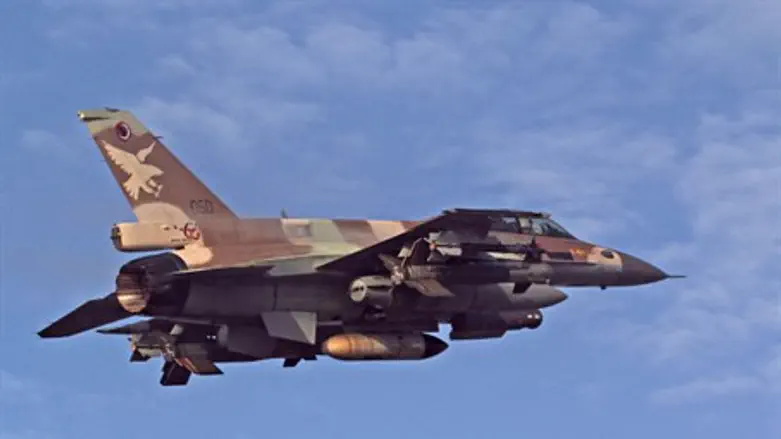
Former National Security Adviser Maj. Gen. (ret.) Giora Eiland on Sunday said that the best window of opportunity to strike Iran's nuclear facilities was between 2011 and 2012.
His comments came on the background of former Defense Minister Ehud Barak's divulgances published last Friday, when he said strike plans against Iran were foiled between 2009 and 2011 on several occassions. In 2011, he said the plans were thwarted in a classified Cabinet meeting by then Strategic Affairs Minister Moshe Ya’alon and then Finance Minister Yuval Steinitz.
"I don't know exactly what transpired in those Cabinet meetings, because of course I didn't take part in them," Eiland said in an interview with Walla! news. "But I tend to believe that there were several debates between 2011 and 2012, in which the option to conduct a military strike in Iran was seriously considered."
"In those discussions, as far as I understand, there were two problems - the army presented reservations in terms of operational matters, and secondly, in a point that was less emphasized, security sources claimed (the strike) would be a very large diplomatic risk," he added. "It (the strike) is defiance of the whole world, and if it didn't even succeed, the whole world would be angry at us."
"The prime minister was furious at the army and said that he is capable of expressing his opinion about the diplomatic considerations, and in the end he has more knowledge and experience than them," continued Eiland.
The adviser noted that "the fact that the army also used these claims in addition to military claims created the impression among the prime minister and the defense minister that the IDF really isn't interested in this operation, and may try to raise up any explanation or claim possible against it, and that caused a certain frustration. We saw that best in what Ehud Barak said."
Speaking about the opportunity to strike between 2011 and 2012, Eiland said, "the time window, both diplomatically and military, that existed in those years was better than in previous years, and maybe (better) than following years. ...I reasoned that (the strike) was maybe a dangerous decision, but not impossible given the situations that were created."
Explaining the possible advantages to a strike on Iran's nuclear facilities, he noted that a similar strike was conducted in Iraq in 1981, and at the time Israel thought it was buying itself a reprieve of just two or five years vis-a-vis Iraq's nuclear program, when in fact the strike effectively shut down the program entirely.
"Even if the Iranians want to respond, the fact that they will respond possibly against American targets in the Gulf will bring the whole world against them, or at least the United States," he said, explaining the reasoning. "Iran will be limited in its abilities to act against Israel."
Eiland concluded by condemning Barak for exposing the Cabinet debates, particularly because the considerations as to whether to strike Iran are still relevant, more so now after the Iran nuclear deal was sealed last month.
